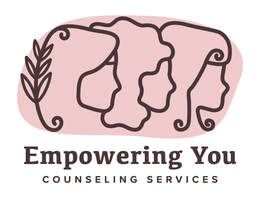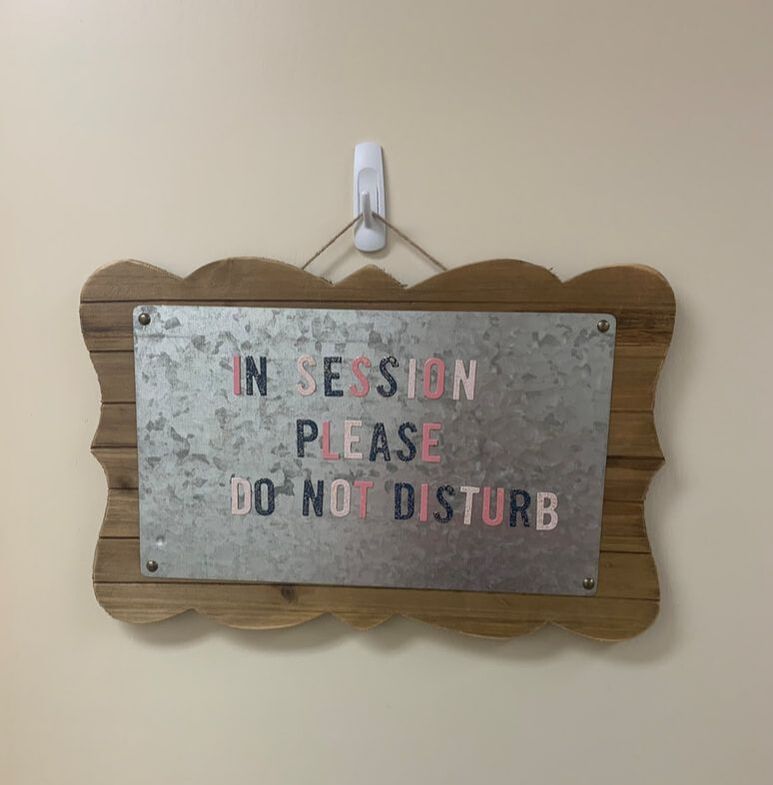|
Transitioning from being a college student to graduating and working full time can be a difficult experience. Even if you went to school and simultaneously worked, it can be difficult once you are no longer in school. School is a structure you have been attuned to since kindergarten! It’s definitely a weird experience to finally be done, while also figuring out how exactly being an adult works. No matter what you studied in school, there will probably be some feelings of self-doubt once you enter the real world. Will I be able to get a job with this degree I worked so hard for? How will I make friends? What if no one hires me? Can I even do this?! It’s a lot - I know it’s a lot. So many feelings can accompany this life transition - and that’s okay! These moments are called “transitions” because there is big change happening. And while change is normal, it can still be scary! But just like with most things in life, it’s not how much you “know” how to do something (often times as adults we are winging it) it’s how you handle yourself, and the situation at hand. Most of the time, yes, you know how to do things! But during this transition you can encounter feelings that you might not have encountered before. You can get stuck in a loop of doubting yourself - doubting what you learned in school, your abilities, even doubting your capability to do hard things. And more often than not, it's yourself that is telling you that you are not enough! So how do you handle these feelings of self-doubt? Well, it takes time and most of all patience with yourself. Don’t worry about what will happen in 5 or 10 years - focus on the now.You can take small steps each day to work towards the goals you have for yourself, but also remind yourself that you know how to handle difficult things! You are capable of taking things slow, and figuring out what works for you. One aspect I think is important to remember is that you are not alone in this - so many of us experience these feelings of self-doubt. Don’t be afraid to reach out to a person you trust, or even a counselor, to discuss these feelings you have. Most importantly, though, trust yourself! You don’t have to know all the answers to all the things you might encounter eventually - you just have to show yourself patience, kindness, and know you are capable of figuring it out. Ashley Klasing LPC-Associate |
Author'sApril Schoonover, Archives
May 2024
Categories |
|
2008 NW Military Suite 3, San Antonio, TX 78213
|
(210) 942-8911
|
Hours:
Monday-Friday 10 am to 6 pm
Monday-Friday 10 am to 6 pm
Website by TherapyPrime





 RSS Feed
RSS Feed